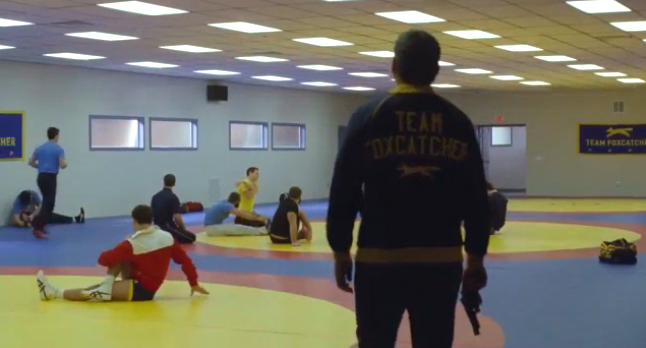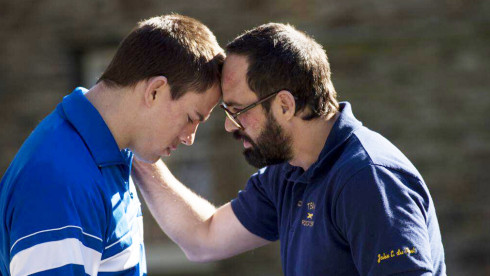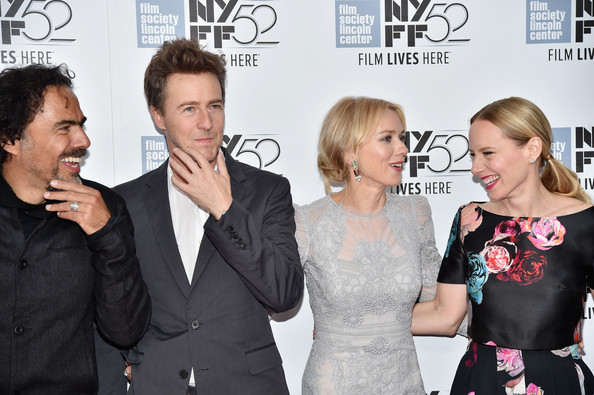Straight from the final week of The New York Film Festival here's Jason on Olivier Assayas' new film Clouds of Sils Maria, starring Juliette Binoche and Kristen Stewart.
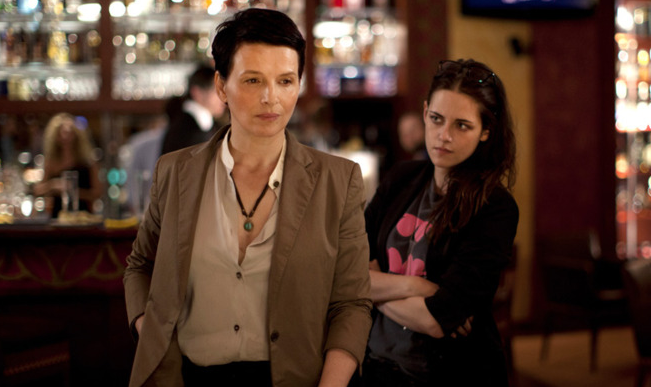
If I was going to make a sort of Cinematic Mad Libs where I filled-in-the-blanks with all my favorite people, places, and things, which then somebody would take that list and turn that into a movie, there's a good chance that Olivier Assayas' Clouds of Sils Maria would be the result. Noun-wise we have my favorite actress Juliette Binoche. Place-wise we have the Swiss Alps, my favorite place in all the world. And Thing-wise we have Rainer Werner Fassbinder's play (and movie) The Bitter Tears of Petra von Kant. Sils Maria tosses all these ingredients into a pot and cooks up a stew that listen, I was just never not gonna like. It was made for me! And it is delicious.
Maria Enders (Binoche) is a big deal actress and international movie star - she is basically Juliette Binoche. She has flirted with the Hollywood game after rising up in serious roles, and is now trying to swing back to the interesting stuff again. At her side, insistently, is her personal assistant Val (Kristen Stewart), always juggling a couple of cellphones and a thousand appointments at once. Into their life comes a script about the love affair between a woman and her female personal assistant - Maria had played the ingenue role in her youth, but now she's going to tackle that of the older woman. The two women take to the mountains (a gorgeous expanse of Northern Switzerland, misty with metaphor and, uh, mist) to rehearse the two-parter, slipping between their roles and reality, and debating the give-or-take between what makes a movie star and what makes an actress and if they can reconcile the spaces.
It helps, of course, to have that extra level of frisson introduced that here we have a Serious Actress and International Movie Star having this on-screen debate with an International Movie Star who very much would like to be a Serious Actress (and who, by the way, is a Serious Actress - Kristen Stewart's fantastic in this) - in the Q&A following the film Assayas underlined how important it is that we always see it's Juliette Binoche and Kristen Stewart on screen, that the performative aspect never dissipates; I found the endless reflections of actress and person and character fascinating. And the fact that this is a talky acting piece about making a talky acting piece in between big-budget other-stuff. And the way the big-budget other-stuff swoops in and effects all that talky acting. As the third woman (a well-cast Chloe Grace Moretz) comes in, a mask of whatever-the-moment-calls-for, nothing but a mirror, we watch where the conversations land - the way the theater stage itself is over-produced and overwhelmed, a maze of clear boxes like a re-staging of Chinese Roulette by way of Playtime.
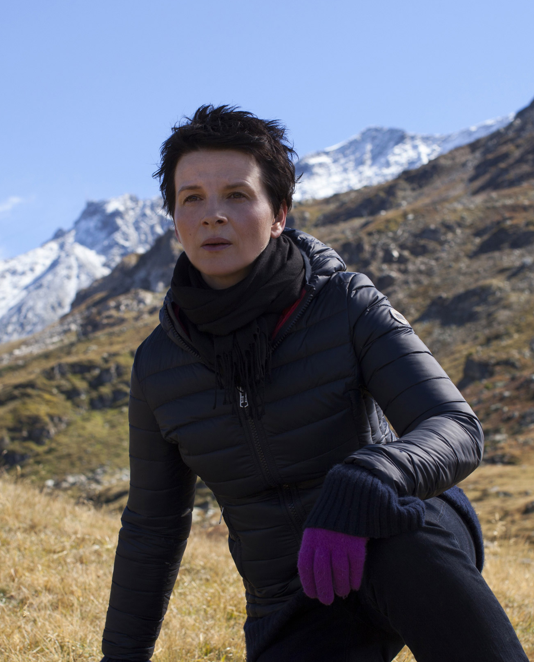 It's very much of a piece with Fassbinder's work though - while Petra von Kant is fogged up and made into this movie's own separate thing it's clear that's what everybody's riffing upon, and as with that film (and most of Fassbinder's work) it is the performance itself that is placed at the forefront. Everyone is playing their roles, hitting their marks, spinning towards their inevitables - the snake will roll in just on time, even if you're not there to see it. "Is it set on Earth?" Binoche asks a director pitching her a science-fiction movie towards the end - after all she's already been up in the clouds, dotting the snow-caps with sacrifices; it's probably time to come down now.
It's very much of a piece with Fassbinder's work though - while Petra von Kant is fogged up and made into this movie's own separate thing it's clear that's what everybody's riffing upon, and as with that film (and most of Fassbinder's work) it is the performance itself that is placed at the forefront. Everyone is playing their roles, hitting their marks, spinning towards their inevitables - the snake will roll in just on time, even if you're not there to see it. "Is it set on Earth?" Binoche asks a director pitching her a science-fiction movie towards the end - after all she's already been up in the clouds, dotting the snow-caps with sacrifices; it's probably time to come down now.
--
Clouds of Sils Maria played last night at NYFF and plays again tonight at 9pm.
 Monday, October 13, 2014 at 8:30PM
Monday, October 13, 2014 at 8:30PM 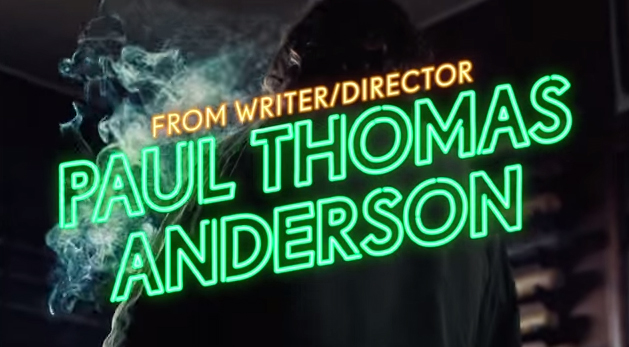 Hello dear readers. Your host Nathaniel here for our penultimate article on this year's New York Film Festival. I hope you've enjoyed the reviews from Glenn, Michael, Jason and me. Several people have asked why none of us reviewed Inherent Vice or if any of us had seen it. Strangely we all were there. But then no one claimed it so we've opted to have a conversation about it at least in part to figure out what held us back. Let's begin...
Hello dear readers. Your host Nathaniel here for our penultimate article on this year's New York Film Festival. I hope you've enjoyed the reviews from Glenn, Michael, Jason and me. Several people have asked why none of us reviewed Inherent Vice or if any of us had seen it. Strangely we all were there. But then no one claimed it so we've opted to have a conversation about it at least in part to figure out what held us back. Let's begin...



